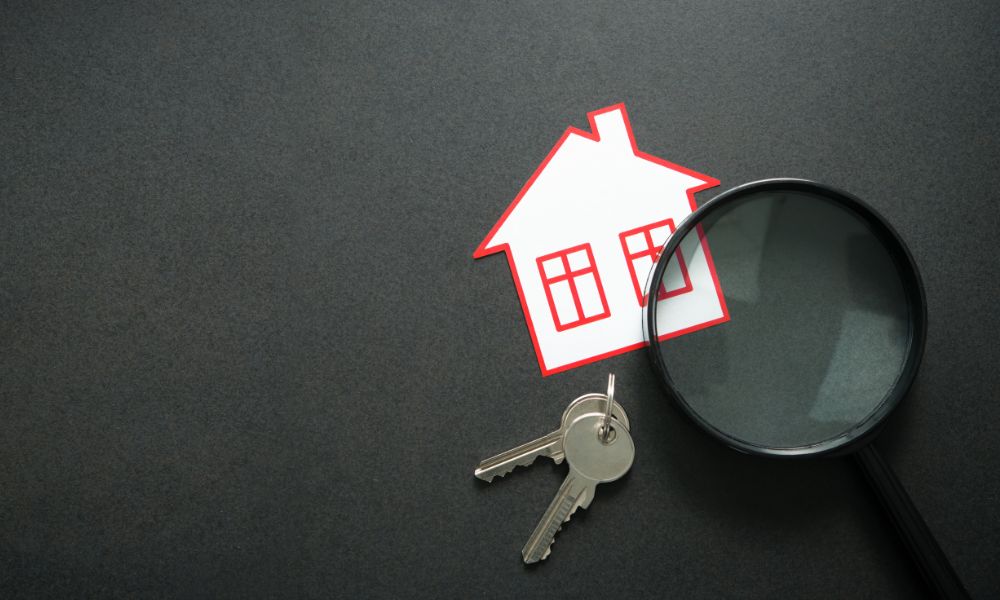The dream of owning investment property is not as far off as you might think, even with little money in the bank. Real estate investing doesn’t always require a massive bankroll upfront. Acquiring investment property with little to no money down is possible and could be your strategic entry into the lucrative world of real estate. This approach broadens the accessibility of investment opportunities, allowing more individuals to expand their portfolios without depleting their savings.
Choosing to invest in real estate with minimal initial outlay offers a host of benefits, notably the preservation of your cash reserves for other important expenditures like property improvements or future investments. By utilizing creative financing options such as seller financing, you can bypass traditional financial hurdles and make the concept of buying investment property with no money down a tangible reality. Discover different strategies to reduce down payments, allowing you to start investing with less financial pressure.
Pre-Investment Preparations
Before you jump feet-first into real estate investing, it’s a smart move to get all your ducks in a row. Preparing properly makes snagging that first rental property easier and keeps your finances smiling.
Assessing Your Financial Situation
Let’s start with a quick financial health check. Knowing where you stand with your assets, liabilities, and cash flow is crucial for any budding real estate investor. This clear financial picture is your roadmap, steering your strategies for nabbing properties with minimal upfront investment.
Understanding Credit Scores and Their Impact
Think of your credit score as your financial handshake: the stronger it is, the better the impression you make. This little number can swing doors wide open to better loan terms and interest rates, making it a big deal when you’re aiming to keep those initial costs down.
Budgeting for Hidden Costs
The price tag on a property is just the beginning. There’s a whole hidden menu of costs like upkeep, management fees, and those out-of-the-blue repairs. Planning for these from the get-go means fewer surprises and more smooth sailing as you manage your investment.
Exploring Financing Options
There’s a whole world of financing out there that doesn’t require filling up the piggy bank first. Getting to know the ins and outs of different loan types, from government-backed gems to creative solutions like seller financing, can make securing that first rental property a whole lot less daunting—and way more doable.
Leveraging Financing Options
Finding your way through the financing landscape can be compared to navigating a maze. Fortunately, there are multiple customized loan options available to assist aspiring real estate investors in initiating their journey with minimal initial expenses. Here is an analysis of various crucial financing paths that can facilitate the realization of your investment aspirations.
FHA Loans: The Basics
FHA loans are a popular choice for those wondering how to purchase investment property with no money down. With down payments as low as 3.5% and flexible credit requirements, these loans make it feasible to buy rental properties without draining your bank account.
VA Loans: Benefits for Veterans
Veterans and active military personnel can leverage VA loans to buy a rental property with zero down payment. These loans do not require mortgage insurance, which can significantly reduce monthly expenses, making real estate investing more accessible and affordable for those who have served.
USDA Loans: A Rural Development Opportunity
Targeting rural property investments? USDA loans offer 100% financing, eliminating the need for a down payment. This unique opportunity can help you tap into rural markets with potential for high returns, all without the financial strain of an existing mortgage.
Conventional Loans with Low Down Payment Options
For those not eligible for government-backed loans, conventional loans present a viable alternative with down payments starting at just 3%. While these loans usually require private mortgage insurance (PMI) until you’ve built up 20% equity, they remain a flexible option for entering the real estate market more quickly.
The Role of Mortgage Insurance in Low Down Payment Loans
While discussing financing options, it’s essential to understand the role of PMI, especially in scenarios where hard money lenders or private money loans come into play. PMI facilitates these lower down payment transactions by protecting lenders against default, making it easier for investors to acquire properties with less upfront capital. This setup is particularly advantageous for new investors aiming to expand their portfolios without hefty initial investments.
Creative Financing Strategies
When traditional lenders don’t quite fit the bill, creative financing strategies can bridge the gap, allowing you to secure your real estate deals with flexibility and ingenuity. Here are some innovative approaches that can open doors to investment opportunities without hefty upfront costs:
- Seller Financing: In seller financing, the seller acts like a bank, allowing you to bypass traditional mortgage routes. You make payments directly to the seller instead of a bank, which can be structured to minimize initial cash outlay, making this a valuable option when private money lenders aren’t suitable.
- Lease-to-Own Agreements: This strategy gives you the best of both worlds—renting with an option to buy. You’ll typically pay a higher rent, part of which goes towards the purchase price. This can be a stepping stone to ownership without needing a large down payment upfront.
- Hard Money Loans: These loans from private money lenders are secured by the property itself, not your creditworthiness. Hard money loans can be quicker to obtain than bank loans, making them ideal for investors ready to jump on a good real estate deal that might not qualify for traditional financing.
- Partnering with Investors: Teaming up with other investors can reduce the financial burden on any single party. By pooling resources, you can tackle larger investments or multiple properties, spreading the risk and increasing the potential returns.
- Using a Home Equity Line of Credit (HELOC): If you already own a home, a HELOC can be a powerful tool. It allows you to borrow against the equity in your current home to fund your investment purchases, offering flexibility and immediate access to funds.
Government Programs and Incentives
Exploring government programs and incentives can help ease the financial burden of entering the real estate market, especially for newcomers. For first-time buyers looking to purchase rental properties, federal and state programs provide critical support that can transform the dream of ownership into reality. These programs often cater to individuals who might not have substantial savings but are eager to generate rental income. For instance, the FHA offers loans that require lower down payments and are more forgiving of lower credit scores, making it easier to buy rental properties.
Additionally, many local and state programs offer grants and down payment assistance that can be particularly helpful if you’re dealing with a seller’s existing mortgage or need to close a gap in financing. Real estate agents can be invaluable in helping navigate these options, pointing out programs that provide up to 3% in closing cost assistance for first-time buyers who complete an educational course. Such initiatives lower the entry barrier to property investment and foster a more sustainable financial setup from the start, making it feasible for more people to start building wealth through real estate.
Alternative Approaches to Reducing Down Payments
Exploring unconventional methods can be a game-changer for those looking to enter the real estate market with minimal initial investment. These alternative approaches offer creative ways to reduce or even eliminate the need for large down payments, making property investment more accessible to a broader audience.
House Hacking: Living in One Unit, Renting the Others
House hacking is a practical approach where you purchase a multi-unit property, live in one unit, and rent out the others. This strategy helps cover your mortgage and operational costs with rental income and significantly reduces the personal financial burden of a down payment, as some owner-occupied loan programs offer favorable terms.
Wholesaling Properties for Quick Capital
Wholesaling involves contracting a home with a seller and then finding an investor to buy it at a higher price before the original contract closes. This strategy requires little to no money down from your side and can generate quick capital that you might use for down payments on long-term investment properties.
Crowdfunding Real Estate Investments
Crowdfunding allows multiple investors to pool their financial resources to invest in real estate projects. This method reduces the individual investor’s required capital, spreading out the risk and minimizing the barrier to entry. It’s a way to engage in property investment without the need for substantial personal funds upfront.
Co-Buying with Friends or Family
Purchasing property with friends or family can also lessen the individual load of down payments. By combining financial resources, co-buyers can access better properties and more favorable loan conditions than they might on their own. This method fosters a shared investment venture that can benefit all parties through shared responsibilities and profits.
Property Selection Criteria
Picking the right property is important for maximizing your gains and for keeping those pesky risks at bay.
Identifying High-Return Investment Properties
Hunting for those hidden gems? We’re talking about properties priced below market in up-and-coming areas that promise solid appreciation or robust rental income. Keep an eye out for perks like low closing costs or the chance for owner financing—these can really spice up your investment’s profitability.
Evaluating Neighborhoods and Market Trends
The success of your rental properties hinges a lot on the neighborhood. Look into the economic health, safety, local goodies (like parks and shops), and what the future holds for the area. A neighborhood on the upswing means more people wanting to live there, which translates to better tenant stability and a steady cash flow for you.
Understanding the Importance of Property Condition
Let’s get real about property conditions. A place in tip-top shape means fewer calls to your property management team and lower upkeep costs. On the flip side, a fixer-upper might be cheaper upfront but could end up costing a bundle in renovations. It’s all about balancing the initial savings against the potential money pits.
Calculating ROI and Cash Flow Potential
When analyzing your investments, it’s important to calculate your return on investment and cash flow. This means evaluating your income after paying all expenses such as mortgage, property management fees, maintenance, and taxes. Understanding these numbers is compulsory for identifying properties that offer the best financial returns.
Legal Considerations and Risk Management
Understanding the legal side of buying property is essential. Make sure to carefully review all contracts and legal documents to ensure they protect your interests, especially when making investments with little money down. It’s also important to do your homework before buying—this means checking the property’s details, possible issues, and making sure it meets all local laws and regulations.
Managing risks is key in keeping your investment safe. This includes planning for market changes and evaluating potential tenants carefully. Finally, having good insurance is crucial. It should cover any property damage and help manage risks related to tenants and potential income loss, keeping your investment secure and worthwhile.
Real Estate Investing: It’s Within Your Reach
Diving into real estate investment might seem daunting, but it’s more accessible than you might think, even with minimal down payments. This journey doesn’t require a fortune upfront; with the right strategies and a bit of savvy, you can start building your property portfolio sooner rather than later. Consider this an investment in real estate and investment in your future. The road to property ownership is well-paved with opportunities for those willing to do their research and take the plunge.
So, if you’re dreaming of becoming a real estate investor, remember that every big venture starts with a small step. Go ahead, take that step—your future self will thank you.








